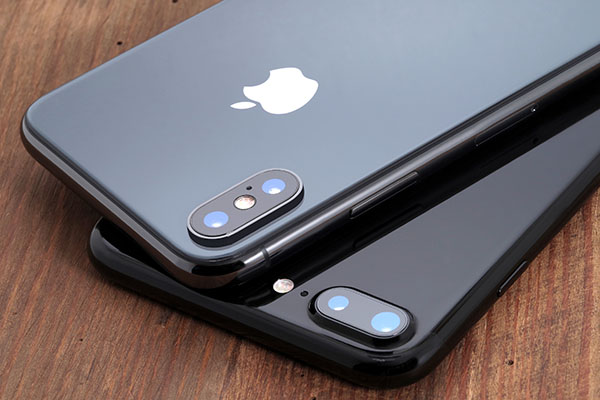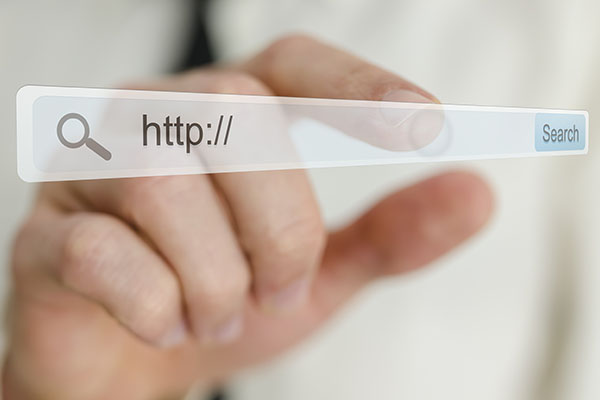
Mueller v. TL90108, LLC a Tale on the Statutes of Limitations

Regardless of the facts, there are certain types of legal cases that restrict the amount of time in which legal action may be taken based on statutes of limitations. Statutes of limitations are laws that set the maximum time after an event within which legal proceedings may be initiated. When that period of time passes, the statute of limitations can be used as a defense to defeat the claim. Such was the case in the recent Wisconsin Supreme Court decision in Mueller v. TL90108, LLC.
Like a Bond film, this captivating story of international intrigue has a rare and exotic automobile at the center of its storyline. Specifically, a French handmade 1938 Talbot-Lago T150C with distinguished coachwork.
In 2001 the car (and title to it) were reported stolen. Under the cover of darkness, the thieves had disassembled the Talbot-Lago from a garage in Milwaukee, Wisconsin and smuggled it to Europe.* In 2015 a company purchased the Talbot-Lago for nearly $7 million. This company is listed as TL90108, LLC in court documents. TL90108 is owned by Illinois dental company founder Rick Workman. When the original owners of the Talbot-Lago found out that it had been purchased by TL90108, LLC in 2017, they sued for return of their property when Workman refused to do so.
Despite having a sordid history, the Supreme Court did not actually take into consideration the car’s history. Instead, their decision was based on the statute of limitations. Here, the statute of limitations for the wrongful conversion or detention of the Talbot-Lago was 6 years. The question the Court had to decide is when the 6-year period began. If it began in 2001 when the car was stolen, then Plaintiff’s claim would be dismissed as stale. However, if the 6-year period began when Workman refused to give back the car in 2017, then the claim was still timely. Because the statute in question very clearly states the 6-year period begins with the theft OR when the wrongful detention began, the Wisconsin Supreme Court allowed Plaintiff’s claim to move forward. The ultimate question of who owns the Talbot-Lago remains unresolved.
*The thieves remain at-large and were not part of the Mueller v. TL90108, LLC lawsuit.



